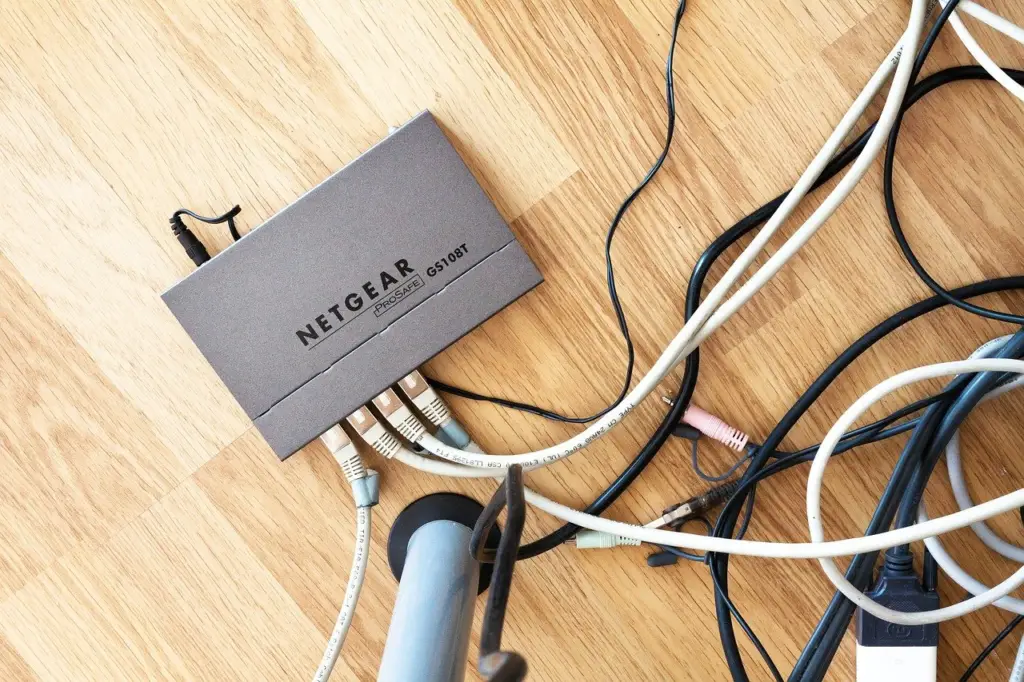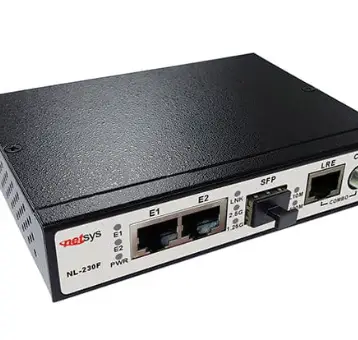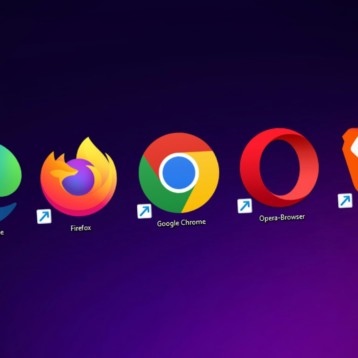Data from Upwork, one of the largest freelancing sites in the US, has revealed that around 40% of people were working remotely at the end of 2020. The ‘work from home’ economy has boomed since the start of the pandemic, and this is unlikely to change even when restrictions are lifted. Many employers have found WFH employees cost them less and they are more productive. But with the many advantages that working from home offers, there are also some disadvantages to consider.

One of these is network security. Read on for a quick guide to common security issues to watch out for on home networks.
Poor Internet Security
Internet security is not something you can afford to ignore. Chances are, you have to log into various websites during your working day, from an employer’s intranet to email programs, project management software, and instant messaging programs. Each one represents a threat if you don’t have decent internet security software installed.
A reputable antivirus and internet security software program is your best defense against online threats. The best software solutions scan every site you visit and block any that contain threats such as malware and trojan horses. Look for software that scans incoming and outgoing email. Remember to run regular system scans too.
Malware
Malware is malicious software that can steal data and cause massive disruption to a computer network, server, or PC. If you followed the step above, you shouldn’t have a problem with malware, but pay attention to other computers on your home network too.
Everyone on the home network needs to protect your computer or device, and this means installing antivirus and firewall software. If your teenager visits a dodgy site and accidentally downloads malware, it could spread into other computers on the network, including yours. The more sophisticated malware programs steal data, which is dangerous if you store client data on your computer or can access it remotely. A worst-case scenario is if you are targeted by ransomware and your computer is locked until you agree to pay a ransom (usually in bitcoin).
Phishing Attacks
Be very wary of emails that claim to be from clients or colleagues but are actually phishing emails designed to steal data. Phishing emails are increasingly sophisticated these days, and it’s not always easy to spot the difference between a phishing email and a legitimate one. Even the best antivirus software can’t spot every new threat, so be vigilant and don’t open email attachments you are not expecting.
Cyberthreats can cripple any network, and if you are working from home, you don’t have access to a tech support guy in another office. Consider using a managed IT service for extra peace of mind, such as totalit.com. That way you have 24/7 support if the worst does happen.
Whether you are a hardworking freelancer or a work-from-home employee, pay attention to network security at home. It is easy to become complacent when your IT infrastructure isn’t managed by a central IT department, but the threats are still the same.







![10 Top Game Sites Not Blocked By School [2024 Updated]](https://thefutureofthings.com/wp-content/uploads/2024/10/image-25-358x358.png)


